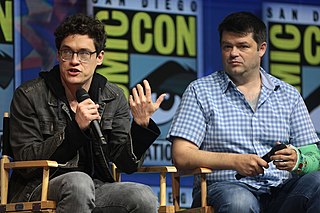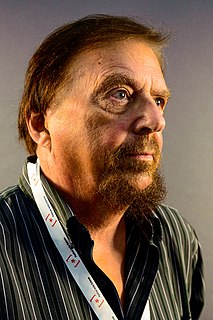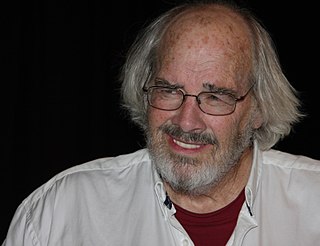A Quote by Alice Roberts
I love prehistory - particularly the Neolithic and the Bronze Age. These were times when our ancestors made a revolutionary change from being hunter-gatherers to being farmers, and when great migrations of people spread languages - and genes - across Europe.
Related Quotes
Twelve thousand years ago, everybody on earth was a hunter-gatherer; now almost all of us are farmers or else are fed by farmers. The spread of farming from those few sites of origin usually did not occur as a result of the hunter-gatherers' elsewhere adopting farming; hunter-gatherers tend to be conservative.... Instead, farming spread mainly through farmers' outbreeding hunters, developing more potent technology, and then killing the hunters or driving them off of all lands suitable for agriculture.
For three million years we were hunter-gatherers, and it was through the evolutionary pressures of that way of life that a brain so adaptable and so creative eventually emerged. Today we stand with the brains of hunter-gatherers in our heads, looking out on a modern world made comfortable for some by the fruits of human inventiveness, and made miserable for others by the scandal of deprivation in the midst of plenty.
If you go back a century in Europe, all over the place people were speaking different languages. There were dozens of languages in France and Italy, and they're all called French [and Italian], but they were not mutually comprehensible. They were different languages. And they have mostly disappeared in the last century or so. Some are being preserved, like Welsh, some are being revived, like Basque or Catelan to some extent. There are plenty of people in Europe who can't talk to their grandmother because they talk a different language.
John Wesley taught that the gospel of Christ involved more than saving souls. It should have an impact on all of society, and his followers worked to accomplish just that. They were dispensing grace to the broader world, and in the process their spirit helped change a nation, saving it from the revolutionary chaos that had spread across Europe.
For the 99 percent of the time we've been on Earth, we were hunter and gatherers, our lives dependent on knowing the fine, small details of our world. Deep inside, we still have a longing to be reconnected with the nature that shaped our imagination, our language, our song and dance, our sense of the divine.



































